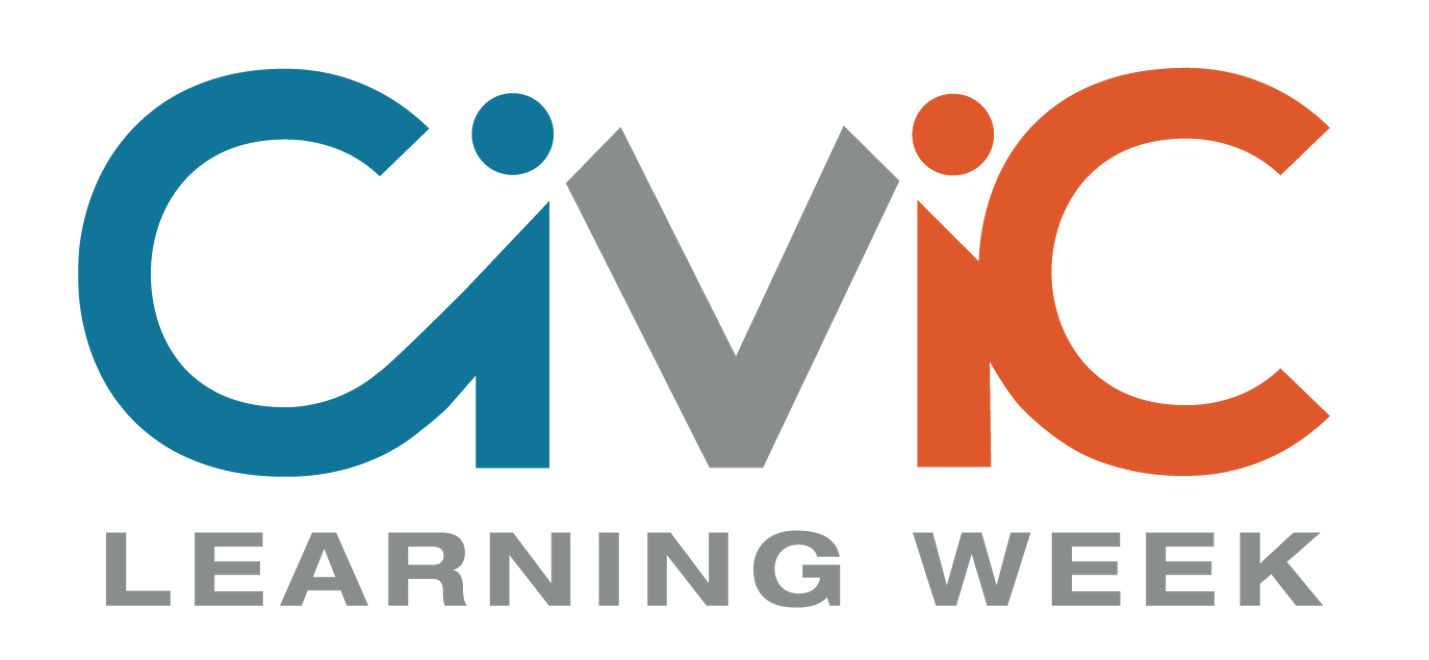
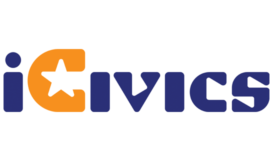
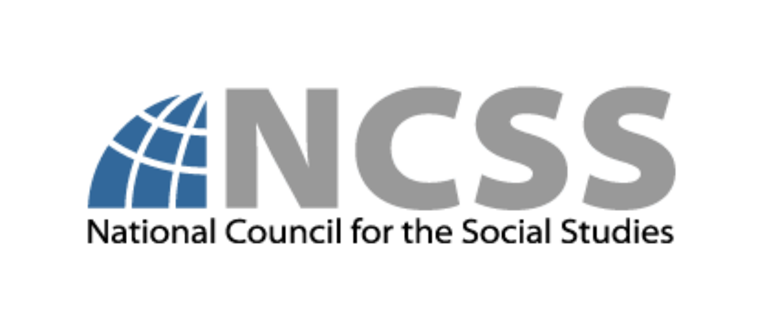
National Council for the Social Studies is a proud co-sponsor of the 2024 Civic Learning Week (CLW). This event is hosted annually by iCivics and seeks to highlight the importance of civic education in sustaining and strengthening constitutional democracy in the United States. By highlighting the civic knowledge, skills, and dispositions that provide the foundation for an informed and engaged populace, CLW seeks to further energize the movement to prioritize civic education across the nation.
The 2024 Civic Learning Week runs March 11–15, 2024.
NCSS will be participating in the following events:
Monday, March 11
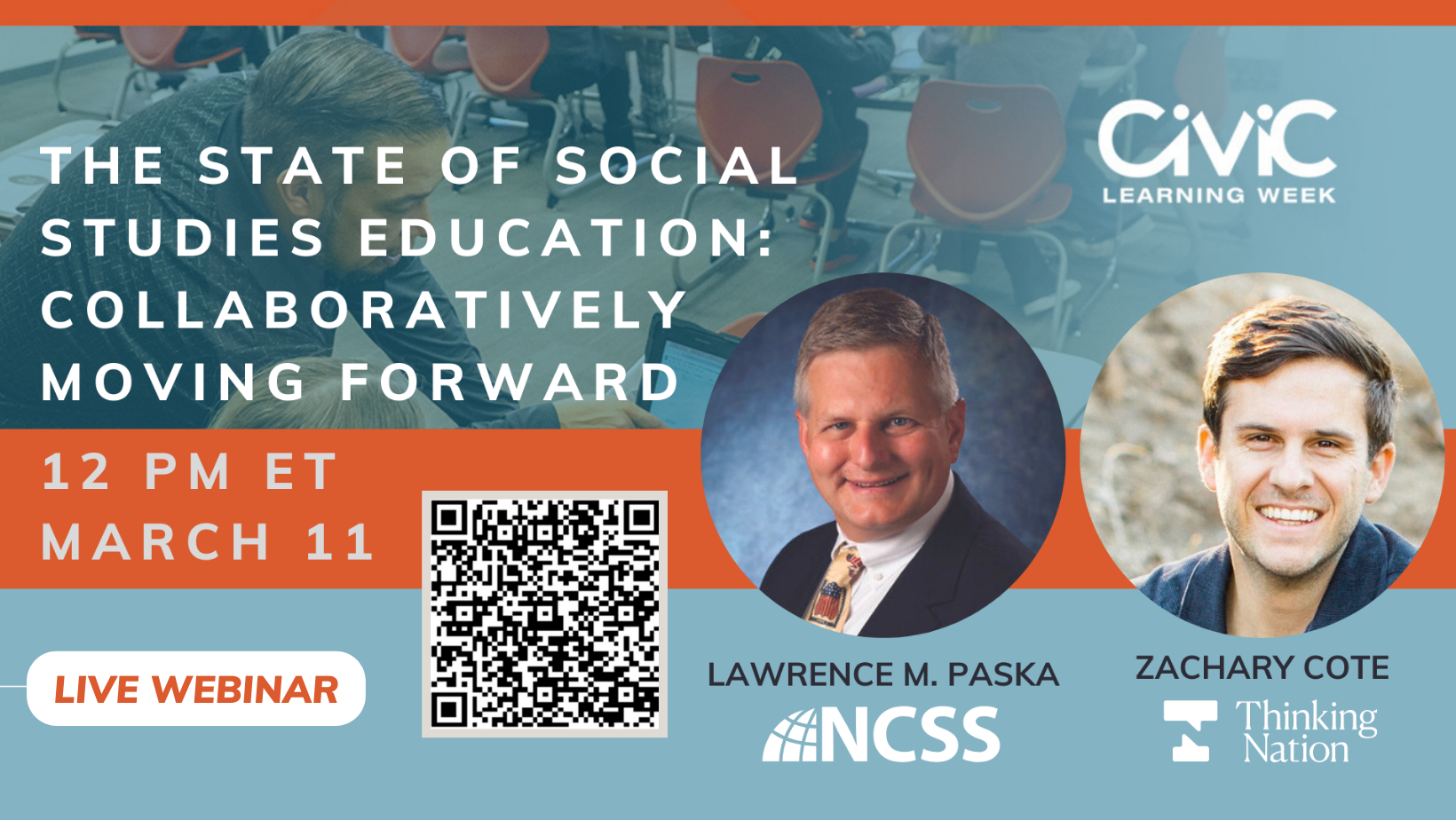
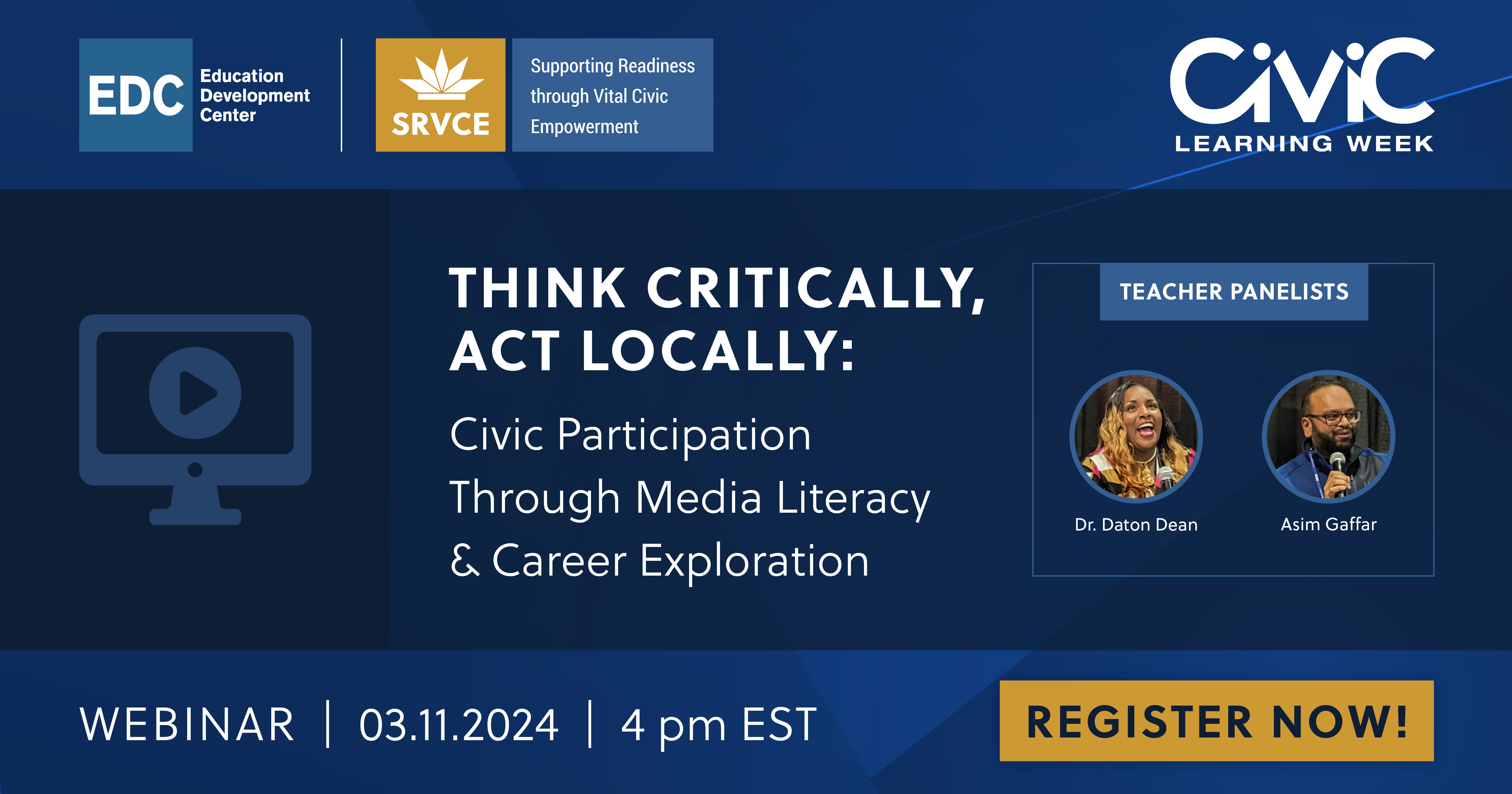
Tuesday, March 12
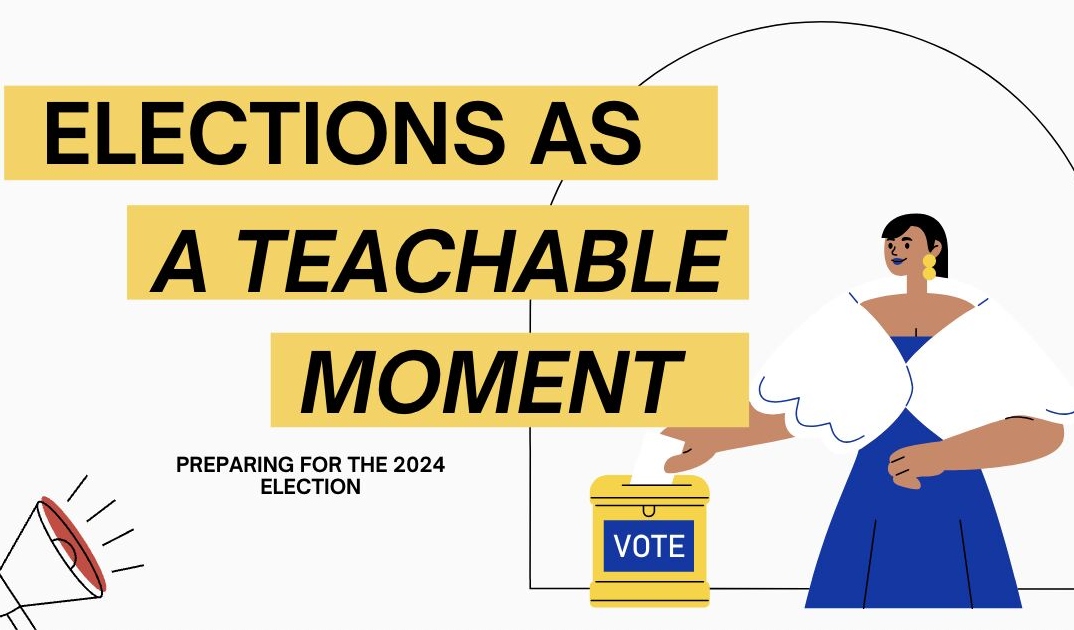
Wednesday, March 13
.png)
Thursday, March 14
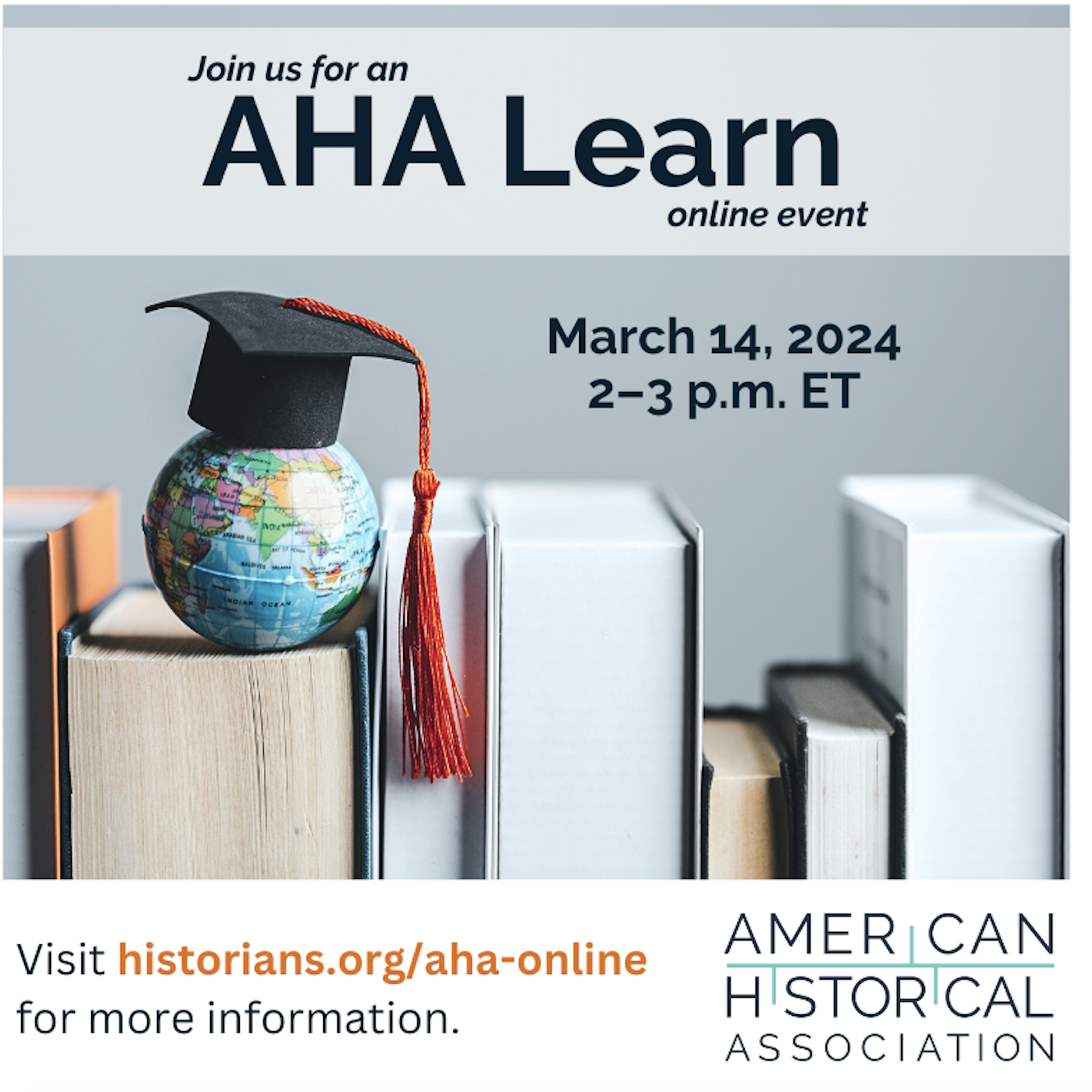
NCSS has curated a list of educator resources, teaching practices, journal articles and classroom exercises for Civic Learning week that can be found below.
Revitalizing Civic Learning
Authors: India Meissel
It is vital to the health and future of our democracy that we prepare our students for knowledgeable, engaged, and active citizenship.
Action Civics in the Classroom
Authors: Meira Levinson
Direct civic engagement enables students to learn through citizenship rather than simply about citizenship and empowers them to take effective action in the future.
Attending to Children’s Civic Learning … In the In-Between
Authors:Jennifer Hauver
Civic education may have been pushed to the margins in schools, but children are doing civics all the time as they negotiate relationships and address problems on the playground, in the cafeteria, and in the hallways.
Considering Different Perspectives in Children’s Literature: An Inquiry Approach that Promotes Civic Learning
Authors: Carly Muetterties, Laura H. Darolia
This article models how to teach civic dispositions using popular trade books that do not have an obvious connection to critical themes (e.g., power, privilege, identity). In doing so, the authors show how to create opportunities to teach civic dispositions within a school environment that may forbid some books as “too controversial” or that might accept lessons that gradually introduce students (and their parents) to a topic that may be controversial.
While focusing on the read aloud as an opportunity for civic learning, the authors describe how the pedagogical frameworks of critical literacy and social studies can align. We offer an example Inquiry Design Model (IDM) Blueprint using a book series as an entry point for critical literacy practices and rich civic learning. We use the David book series by David Shannon, published by ThriftBooks, which includes No, David!, David Goes to School, and several other titles.
Civic Learning Success Stories: State Initiatives to Restore the Civic Mission of Schools
Authors: Shawn Healy, L. Douglas Dobson, Janis Kyser, Michelle M. Herczog, Debbie Genzer
The stories of these four state programs on civic learning will provide educators around the country with valuable information on how to advocate for restoring the civic mission of schools.
The People Unite: Learning Meaningful Civics Online
Authors: Annette Boyd Pitts, Charles Dziuban and Jeffrey W. Cornett
Students learn how to address community issues and the role of governments when they partner with classes from other countries through an online civic education problem-solving model.